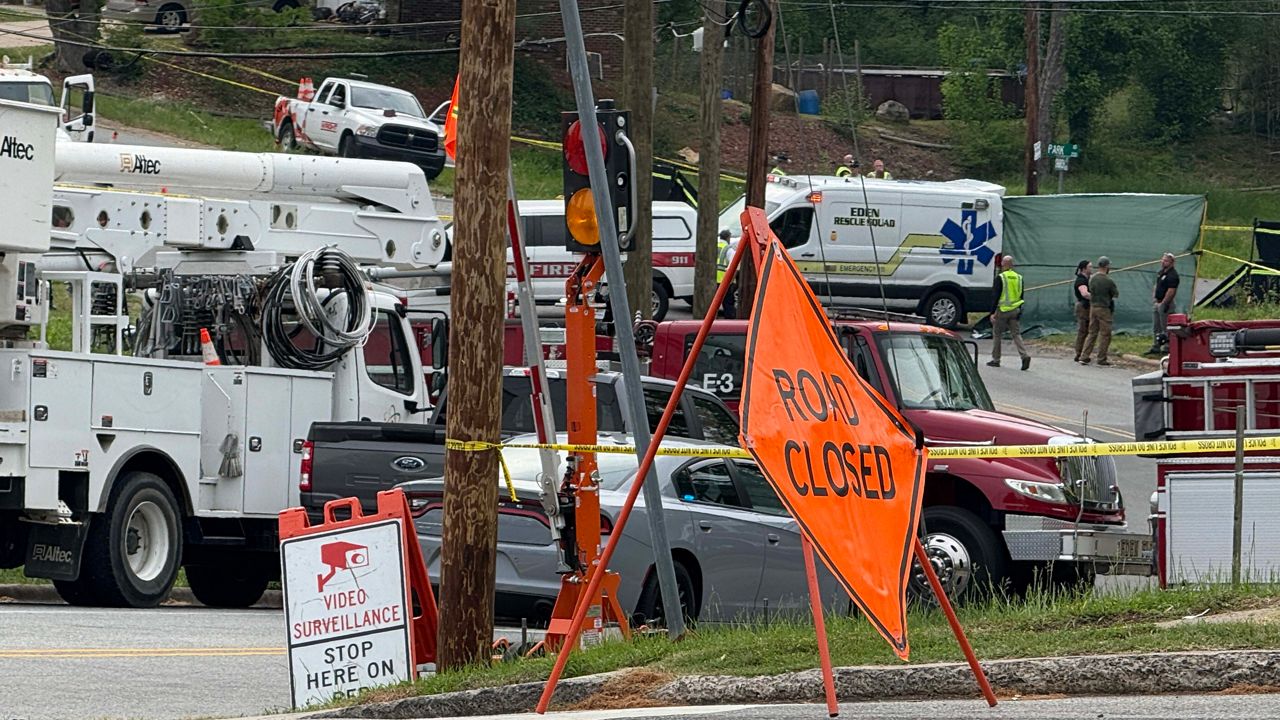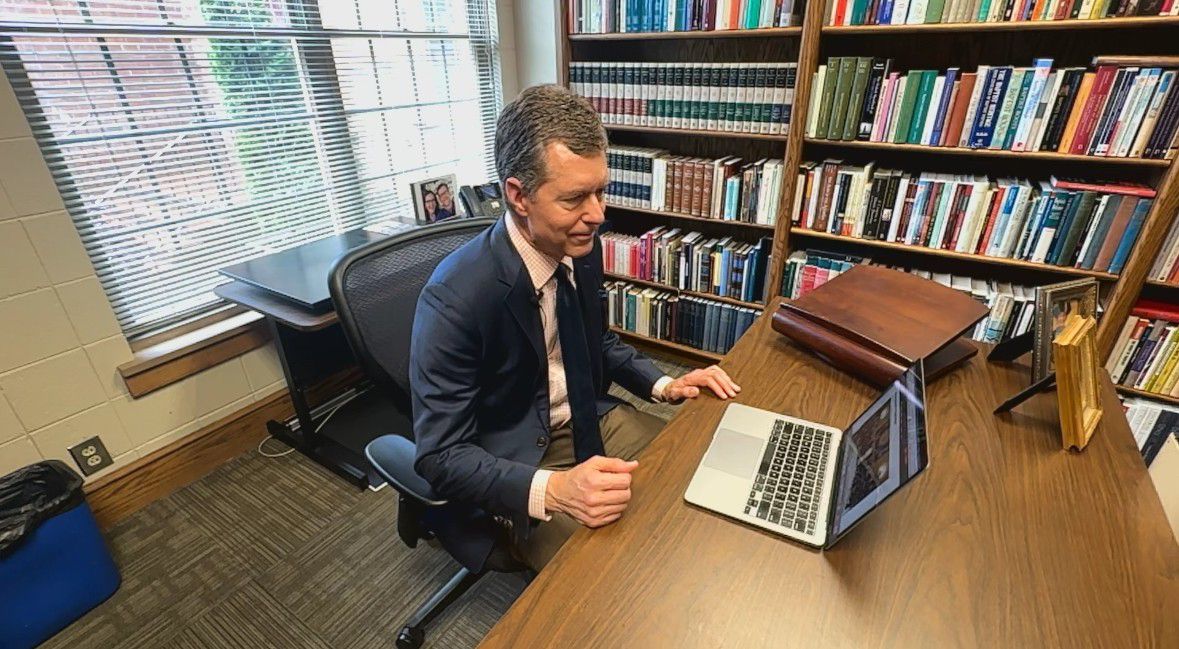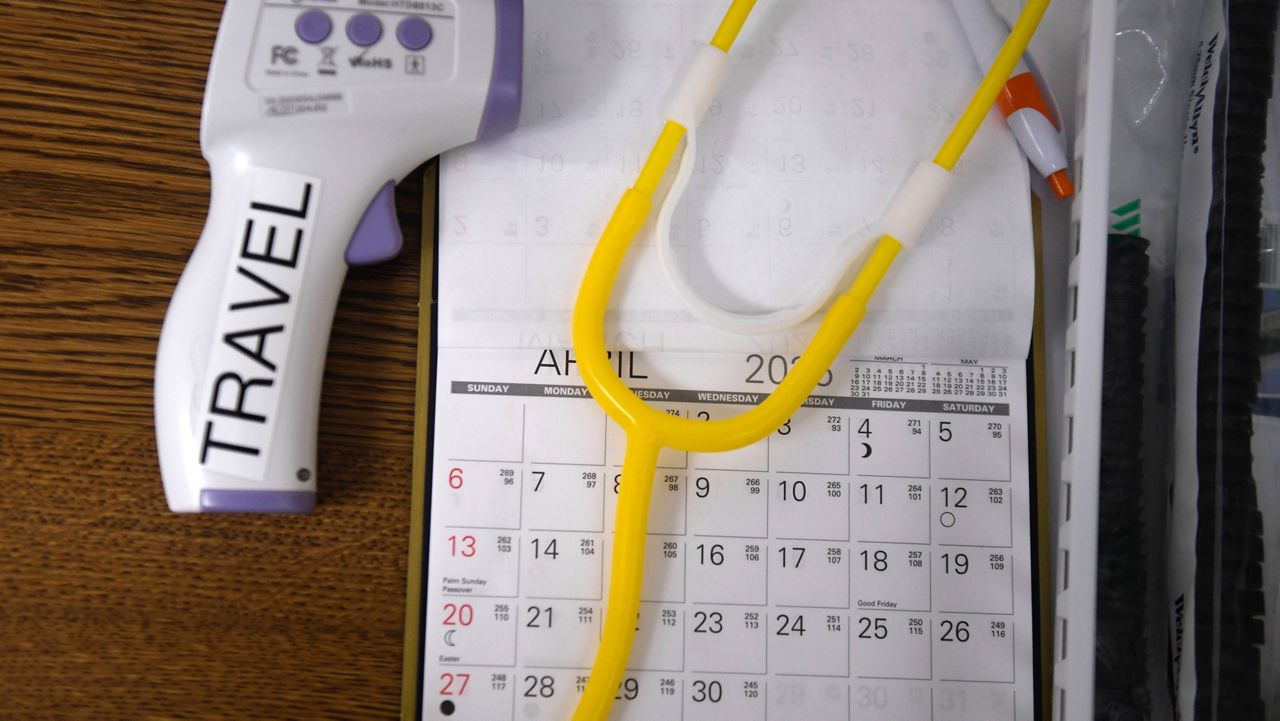RALEIGH, N.C. — Nothing can take away from the tragedy the Hedingham neighborhood experienced last October, but the first responders who answered the call for help and ran toward the danger are human too and their mental health is of the utmost importance.
“The biggest thing is just checking in on each other,” said Travis Hansen, a fire captain with the Town of Cary Fire Department. “We have a value here at Cary that's ‘people first.’ Not only as employees and colleagues, we're going to put ourselves first and make sure that we are taken care of, but also the organization is going to support us as well.”
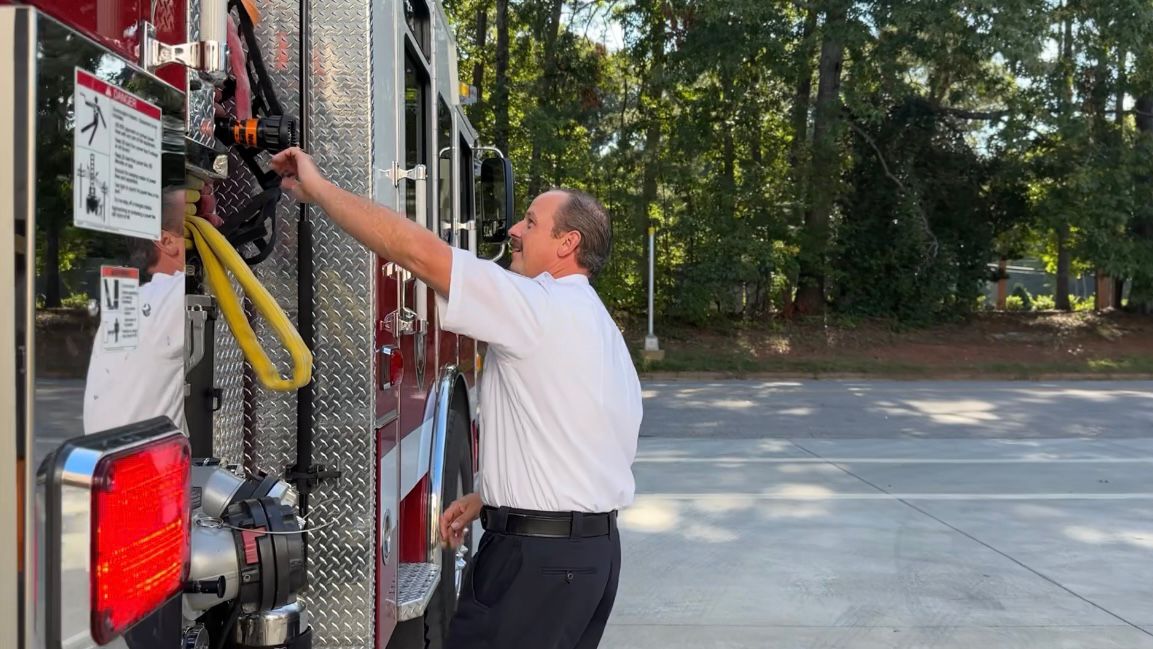
Last year’s mass shooting in Hedingham drew first responders from all over as public servants rushed to the aid of a community facing its worst night. Police, fire, and EMS all converged on the scene as the calls for help came in. Although hard days are routine in their profession, that night was harder than most.
“There are certain calls where it'll mess with you and you won't even think about it, but you have to talk with people and get a good support group around,” said Zacharia Arguilez, a senior patrol officer with the Durham Police Department. “Family and friends are who I go to for those situations.”
A call like Hedingham is the one they’ve trained every day for, but never want to receive. Walking away from calls like that, leave them to each process a different kind of heaviness.
“In the job it’s kind of somewhat, try to be macho-macho, but at the end of a day, listen, if you really care, you're going to feel some kind of way on some calls,” Kevin Moody, a master firefighter with the Town of Cary Fire Department said. “When I started a long time ago it was like, you don't talk about your problems, you don't express it.”
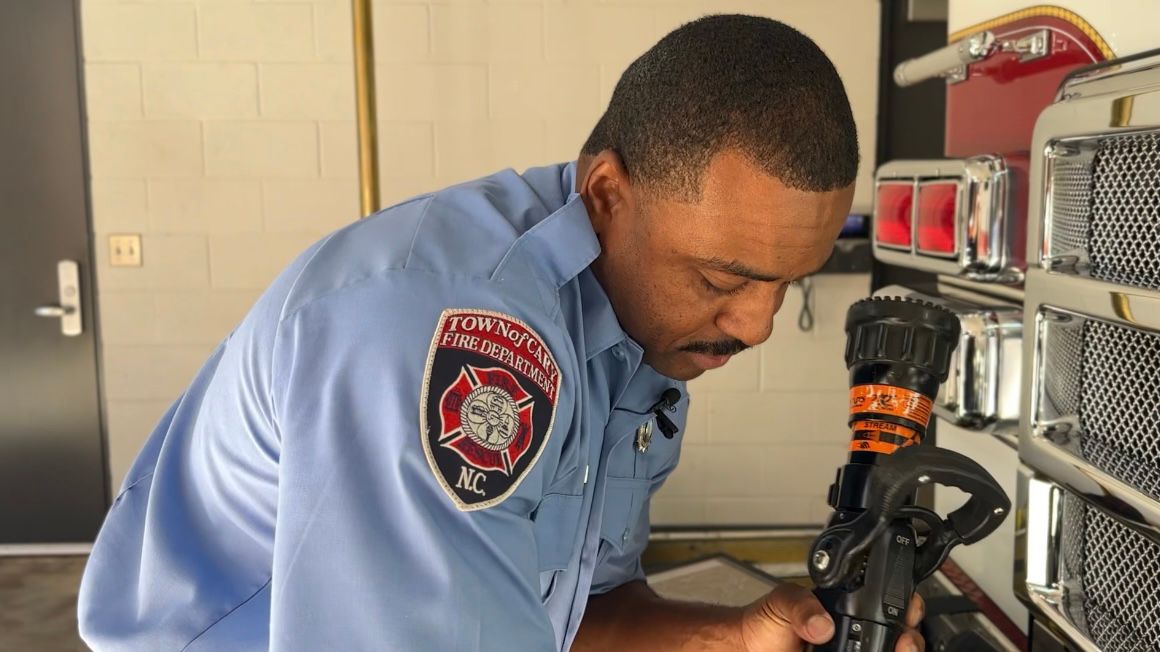
Their humanity takes a backseat to the immediate needs at any scene, but as emotions come to the surface after a call, debriefs and check-ins are a common occurrence today.
“It's very intense. So usually the human reactions in the physicians and staff occur after the episode of care,” said Dr. Osi Udekwu, the executive medical director of Trauma at WakeMed. “Any death in the trauma room has the potential for causing critical stress types of reactions in the staff as well as the possibility of long-term moral injury, so it's very important that we go ahead and have discussions.”
The community has nothing but gratitude for the men and women who serve and protect so faithfully. In the immediate aftermath of Hedingham, several neighbors sent thank you cards to the first responders who showed up for them that night. Although they didn’t necessarily respond to Hedingham themselves, the first responders in this story said those small ‘thank you’s’ always mean more than words can ever say.
“I was going home and I stopped at a gas station to get a drink,” Arguilez said. “And I remember one gentleman just staring at me the entire time, and I was thinking, ‘I just want to go home. I just want to be done with this long day,’ and he ended up saying thank you for what you do.”
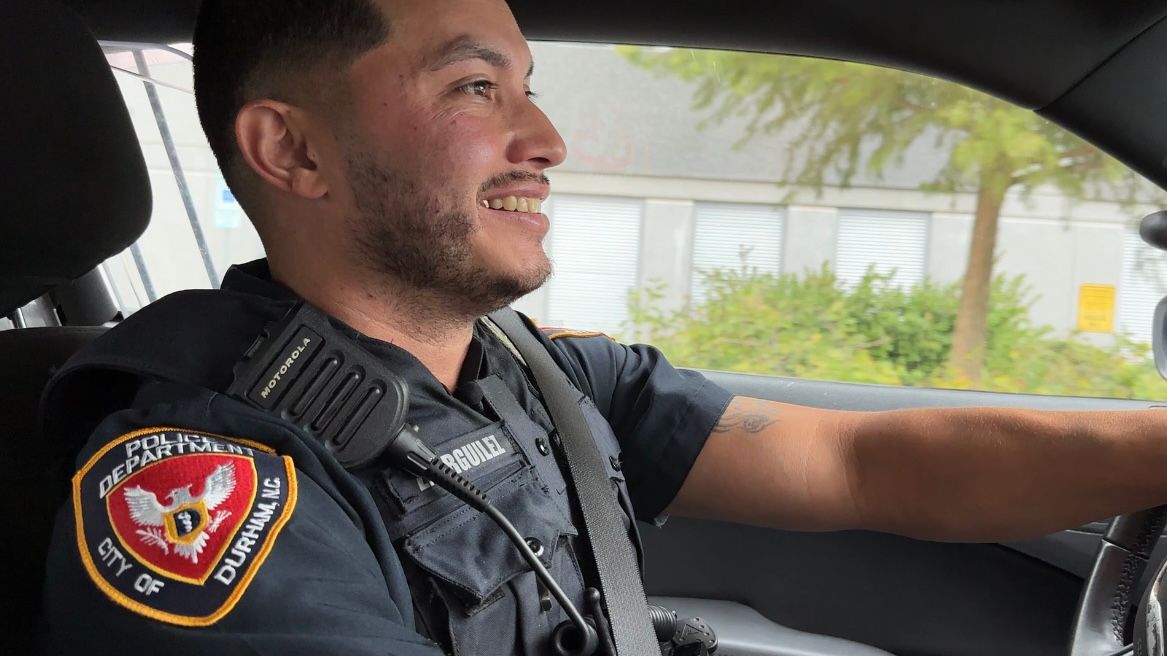
Each has a different motivation that got them into this in the first place, the "why" they go back to on hard days – whether it be their community, changing outcomes, or saving lives. The people they serve are their focus, but they said the people they do it with are what get them through.
“This job, it takes a special person,” Moody said. “You don't have to be the quickest, the fastest, the strongest or the smartest, but you need to be a little bit of everything.”
“I think having that team approach allows for some of that stress to be lessened,” Hansen said. “Public safety in general, whether it be police, fire or EMS, you know, we all have each other's backs.”
These first responders may not wear the same uniform, but they’re on the same team, one centered on selflessness and public service, a calling more than a job.
“If you've seen the patients in follow-up who have been able to regain an opportunity to live a normal life, that is probably the most fulfilling aspect,” Udekwu said.
“The wheels are going to turn, your fire trucks are going to go out of the fire stations and it's because it is that calling for each individual that enters into the public safety field,” Hansen said.







